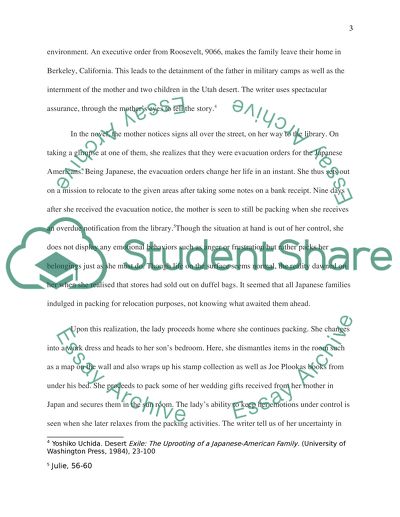Cite this document
(“Book review on when the empire was divine Report/”, n.d.)
Retrieved from https://studentshare.org/history/1685899-book-review-on-when-the-empire-was-divine
Retrieved from https://studentshare.org/history/1685899-book-review-on-when-the-empire-was-divine
(Book Review on When the Empire Was Divine Report/)
https://studentshare.org/history/1685899-book-review-on-when-the-empire-was-divine.
https://studentshare.org/history/1685899-book-review-on-when-the-empire-was-divine.
“Book Review on When the Empire Was Divine Report/”, n.d. https://studentshare.org/history/1685899-book-review-on-when-the-empire-was-divine.


